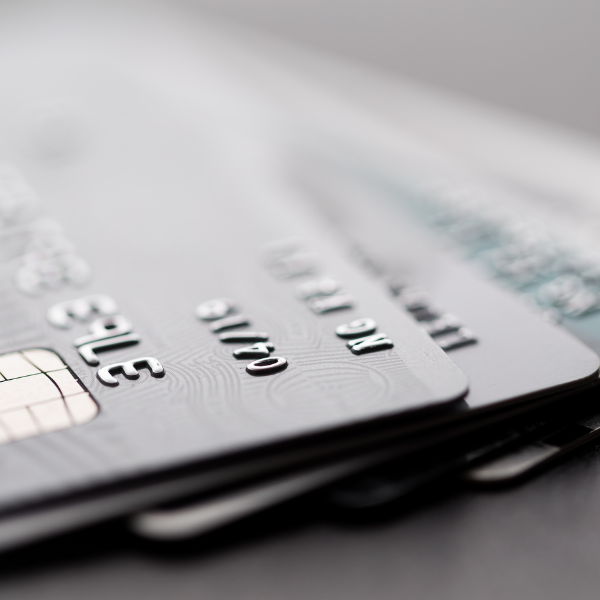
It’s not uncommon for credit card users to see a charge on their statement that they don’t recognize; they then call the card issuer and have the charge reversed. The dispute and reversal process can be so easy that people often try it without thinking things through. They may get a transaction reversed and then realize days later that it was a legitimate transaction after all. Credit card issuers call this friendly fraud, and it’s more common than ever in these times of impulse purchases on shopping apps that are quickly forgotten.
How accidental is it?
Friendly fraud is sometimes an honest mistake. However, card issuers believe that very often, it is actual fraud by consumers (often called liar buyers) who don’t want to pay for what they bought. When friendly fraud is committed, the money refunded to the consumer doesn’t come out of the card issuer’s pocket; rather, it comes out of the pocket of the retailer that sold the consumer the product in the first place. The problem is so serious that friendly fraud results in bigger losses than conventional credit card fraud, where a thief steals a card and uses it without the owner’s permission.
As substantial as they may collectively be, incidents of friendly fraud tend to involve small sums of money from each individual consumer. For this reason, card issuers haven’t found it worth their while to prosecute them.
Being aware and avoiding friendly fraud, yourself
Getting people to stop when they commit intentional friendly fraud can be hard. If you only do this by accident, it’s important to think long and hard before you call your credit card issuer to have a charge reversed. You might check the name of the retailer as it appears on your statement or the date of the charge and then scan your email or your browser’s history to see if you went to the site in question and bought something. If someone else in your home has access to your card, it would make sense to ask them to do all this, as well, and determine if the purchase was made. If you want a reversal because you bought something online and didn’t receive the article, even if the retailer’s website claims you did, it could help to wait a few days before you take action. Sometimes, tracking software can get things wrong for a while.
If you find out that you accidentally committed friendly fraud, it’s safe to ignore the problem and simply determine to never let it happen again. You mostly get away without consequences. If you would like to do the right thing, however, you could call the credit card issuer and explain the situation to them. The retailer might get back the cost of the merchandise and the chargeback fee.
Friendly fraud is not a crime without consequences. Retailers lose money and raise the prices of their goods or services to make up for it. Anytime you feel that you need to ask for a reversal, it’s important to make sure that the charge in question really is unjustified.

